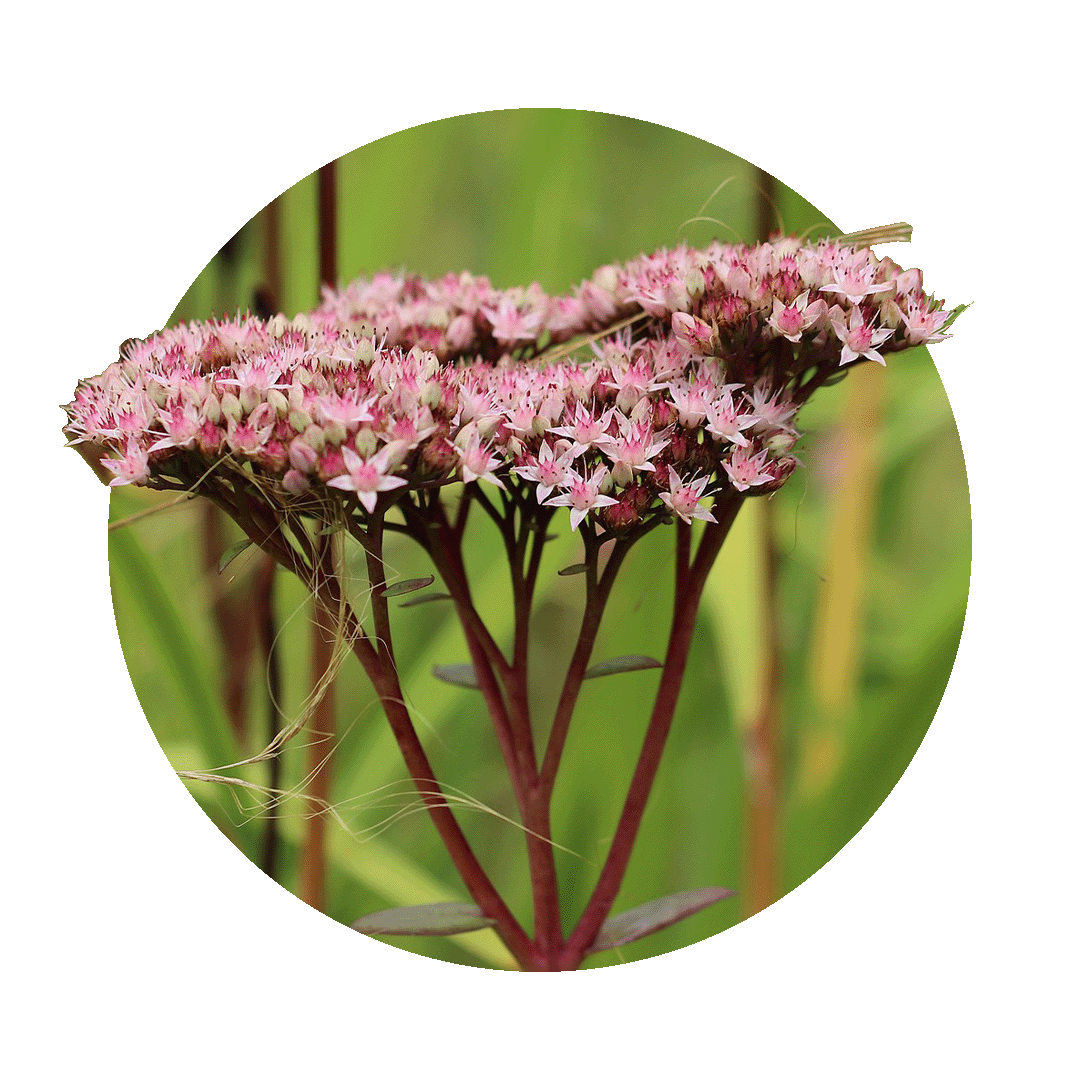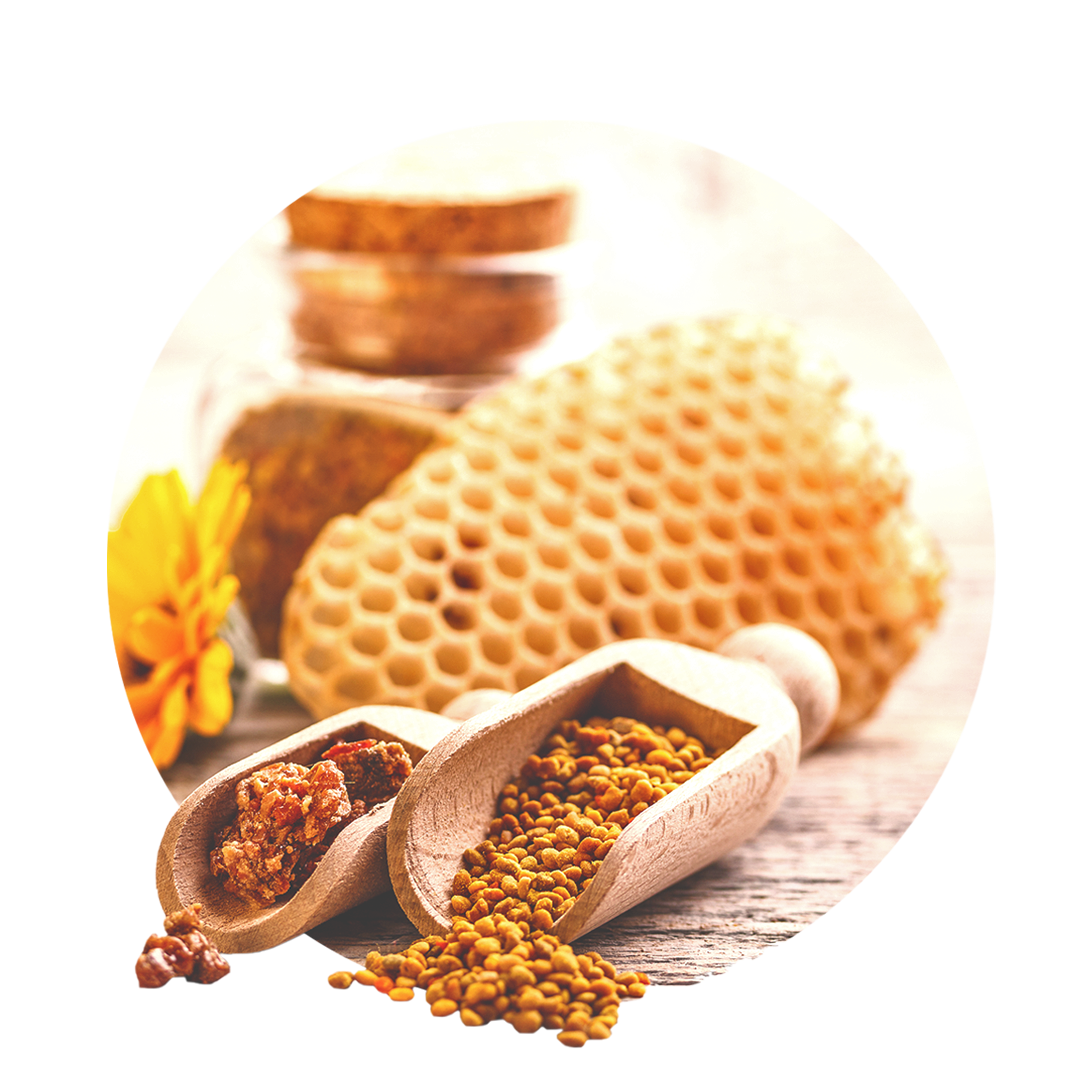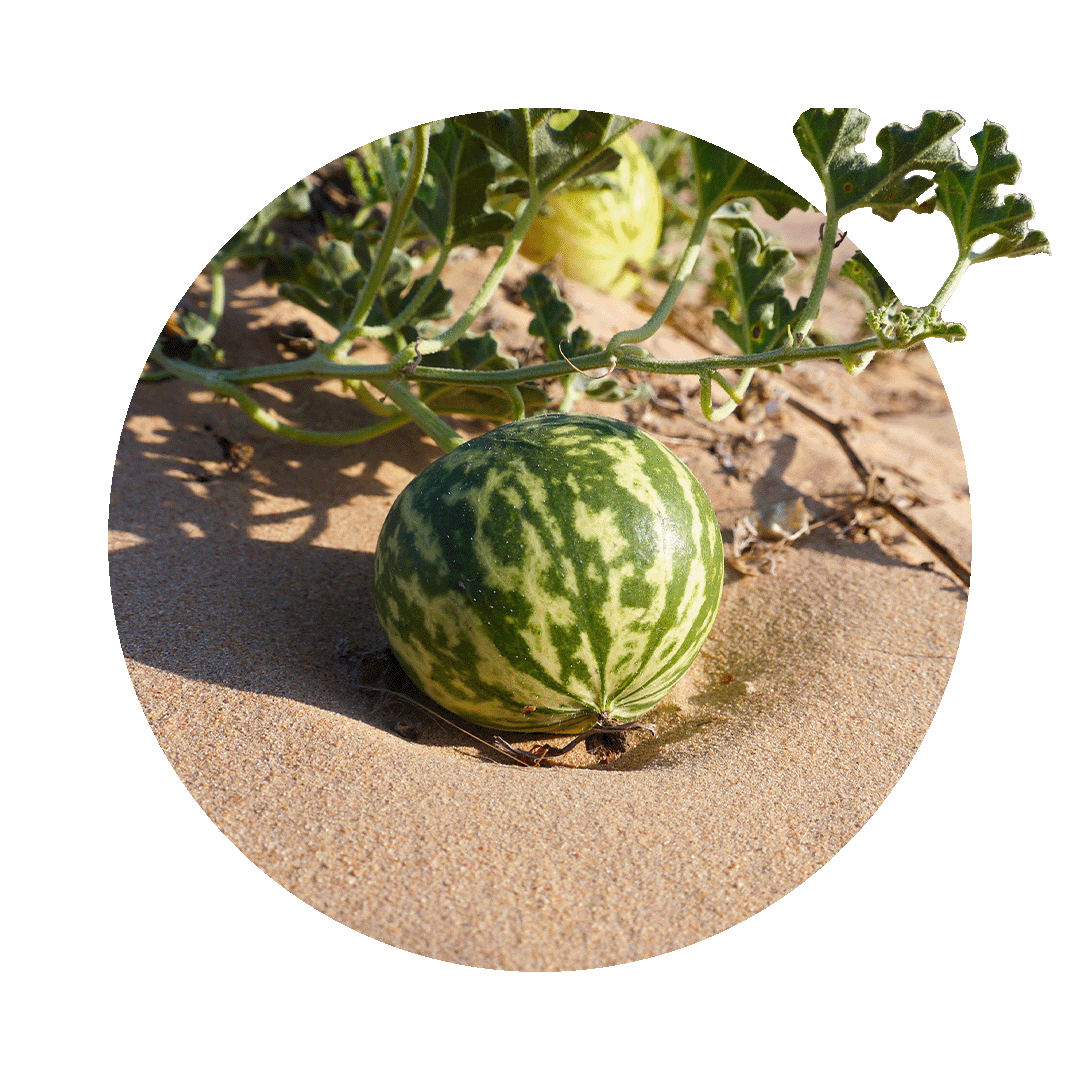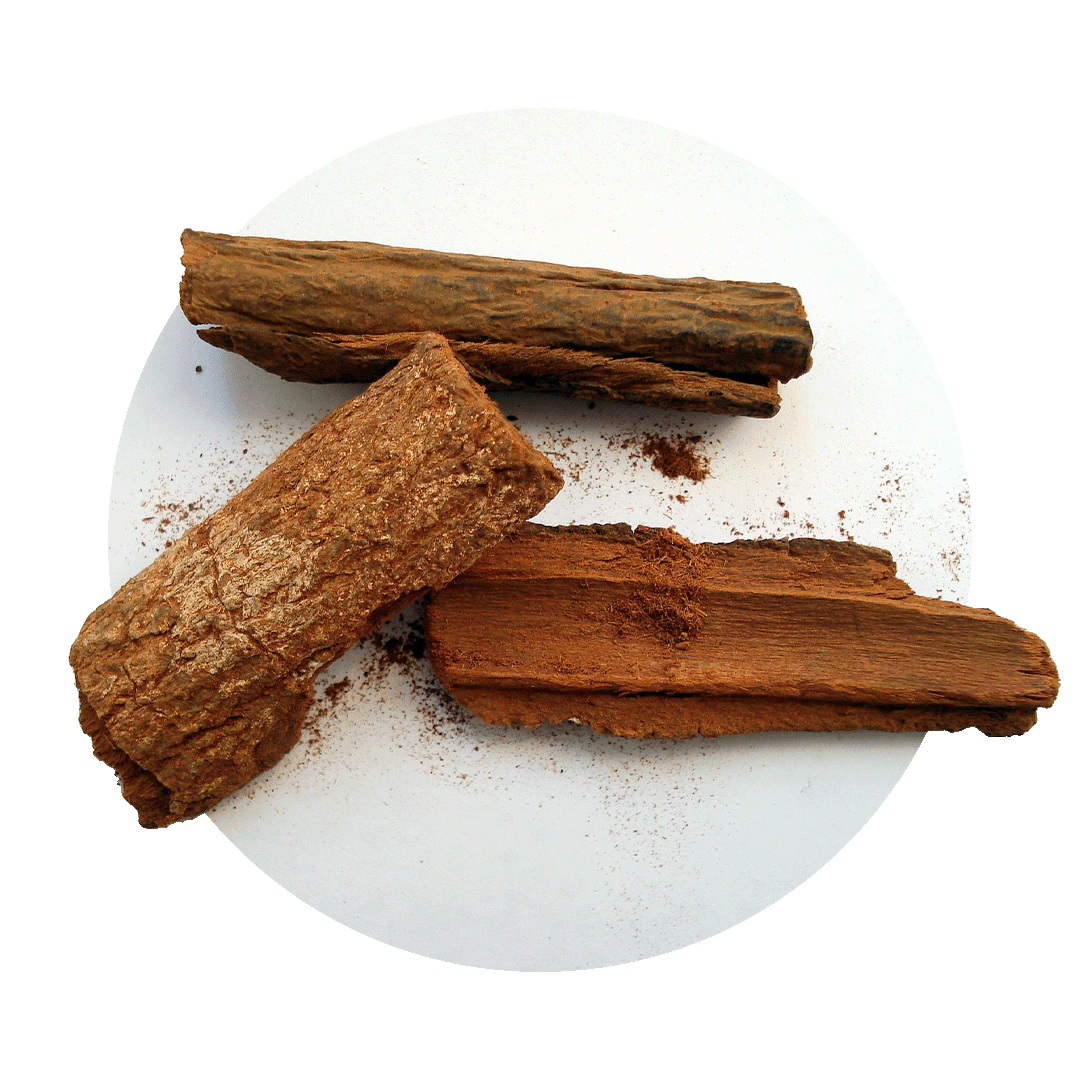Ginkgo tree: the millennium-old medicinal plant
Facts about the ginkgo tree
Did you know that...
What is ginkgo?
General and healing properties of ginkgo tree
Promotes blood circulation
Nerve Protective
Antioxidant
Ginkgo biloba: Ingredients
- Isoprenoids
- Ginkolic acids
- Flavonoids
Ginkgo tree: effect for body and mind
Due to the fact that ginkgo is one of the very well researched medicinal plants of our time, many mechanisms of action have been known and isolated. According to the studies, its effect against reactive oxygen species and the associated antioxidant potential is due to the contained flavonoids, which mediate this effect. In addition, these flavonoids inhibit the so-called platelet activating factor short: PAF in the blood, which plays an important role in mediating inflammation. Another effect of ginkgo is said to be that it affects gene expression. This directly affects transcription factors, antioxidant enzymes, and proteins involved in DNA synthesis and repair. All these effects improve blood circulation in the micro-vascular area and thus directly improve oxygen supply to the cells. One uses the Ginkgo in practice therefore with blood circulation disturbances of any kind and also the dementia symptoms in the age connected with it if necessary.
Ginkgo properties
- Promotes blood circulation
- Antioxidant
- Neuroprotective
- Neuroregenerative
- Antiplatelet
- Improving supply with oxygen
Fields of application in naturopathy:
Ginkgo tree for circulatory disorders
Ginkgo biloba for dementia
Ginkgo biloba for balance disorders
Ginkgo tree for diabetes
Milk thistle effect on skin ulcers
There are many skin ulcers and one should definitely have them clarified. But especially for the unspecific rashes without a known cause, milk thistle has proven to be a good treatment. However, you do not only take it, but also make external compresses with strong decoctions.

Ginkgo biloba for dizziness
Notes on the use of ginkgo
Ginkgo tree during pregnancy & lactation

Get your ginkgo tree complex now and use the healing power of ginkgo biloba
Ginkgo tree complex
100% Ginkgo tree for spraying!
24,99€
incl. VAT, base price: 24,99 € / 30ml
Use the healing power of the ginkgo tree and our other more than 100 medicinal plants for the natural relief of your ailments. Improve your well-being and support your body, mind and soul! With the help of our Configurator Your personal spagyric spray that is tailored to your needs and accompanies you on your natural path to improving your body, mind and soul.







